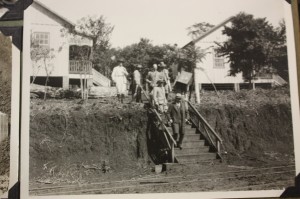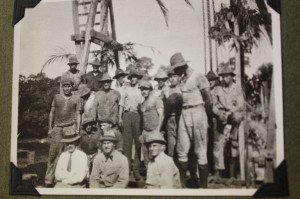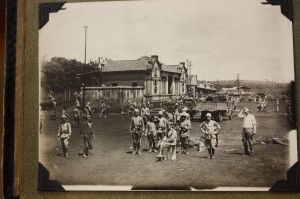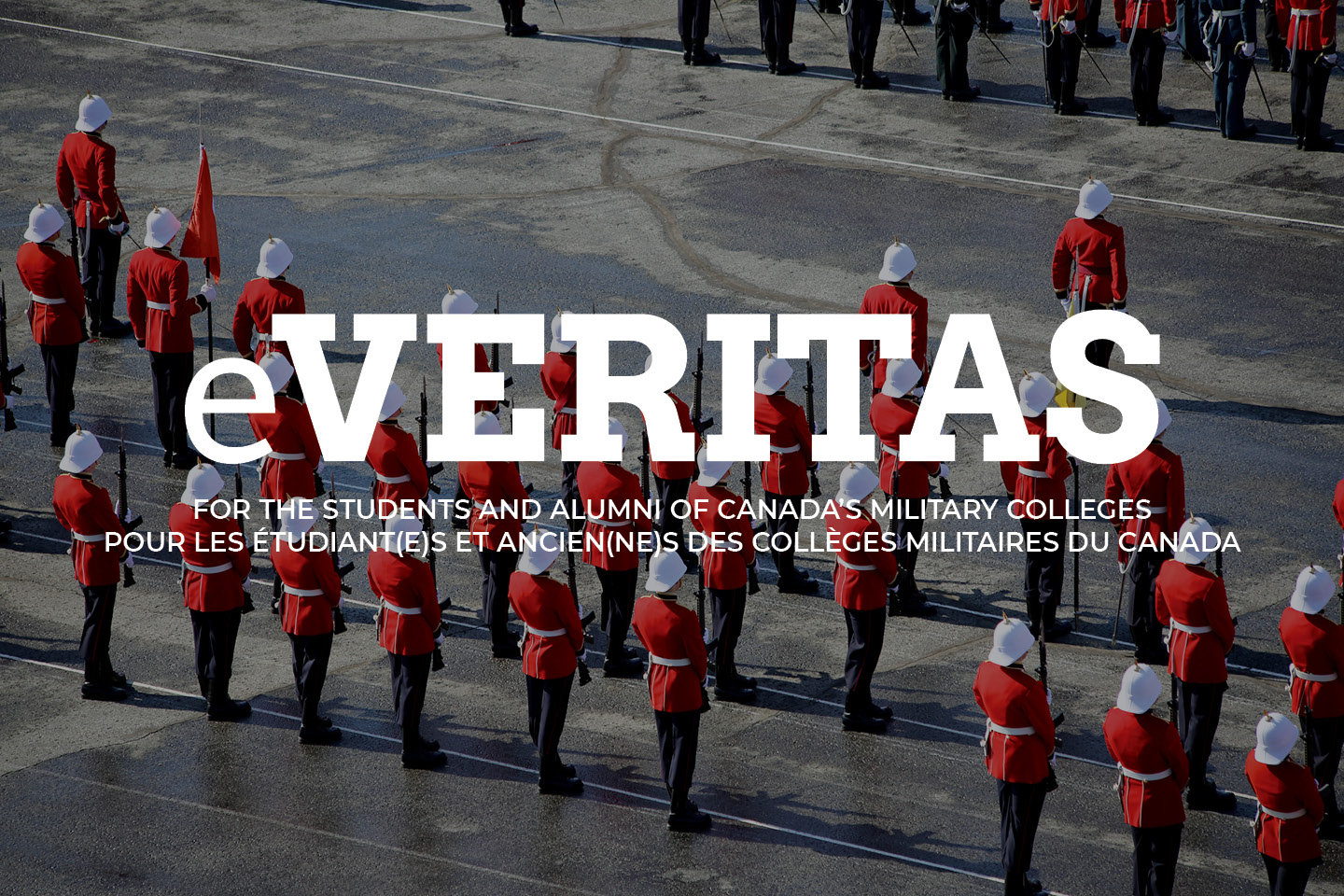
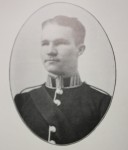
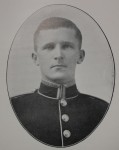 The Royal Military College of Canada has a profound history involving the upbringing of its cadets and their perpetual accomplishments. RMCC works hard to give recognition to the cadet leaders of the college – those who demonstrate exemplary performance in their studies, deportment, and overall leadership. However, once these members leave RMCC, they enter the collective whole of ex-cadets and vie for the chance to make a mark on military history. RMCC worships famous ex-cadets such as Billy Bishop who have accomplished such a feat, but their classmates and their RMC-considered “betters” sometimes never even graze the history pages. A notable classmate of the aforementioned 943 Billy Bishop was the Battalion Sergeant Major of his graduating class but, despite the amount of potential he was said to have had upon leaving the college, has never had his story celebrated; his name is 913 Charles Beverley Robinson MacDonald.
The Royal Military College of Canada has a profound history involving the upbringing of its cadets and their perpetual accomplishments. RMCC works hard to give recognition to the cadet leaders of the college – those who demonstrate exemplary performance in their studies, deportment, and overall leadership. However, once these members leave RMCC, they enter the collective whole of ex-cadets and vie for the chance to make a mark on military history. RMCC worships famous ex-cadets such as Billy Bishop who have accomplished such a feat, but their classmates and their RMC-considered “betters” sometimes never even graze the history pages. A notable classmate of the aforementioned 943 Billy Bishop was the Battalion Sergeant Major of his graduating class but, despite the amount of potential he was said to have had upon leaving the college, has never had his story celebrated; his name is 913 Charles Beverley Robinson MacDonald.
MacDonald showed excellence even before achieving the title of ‘Gentleman Cadet’ in 1911. He is described in his letters of recommendation as “An accurate worker, neat and thorough” and “a most promising boy.” He continued this standard of performance upon entering RMCC as he was always one of the top five in a majority of his classes. He was given his first profound leadership position in his second year and 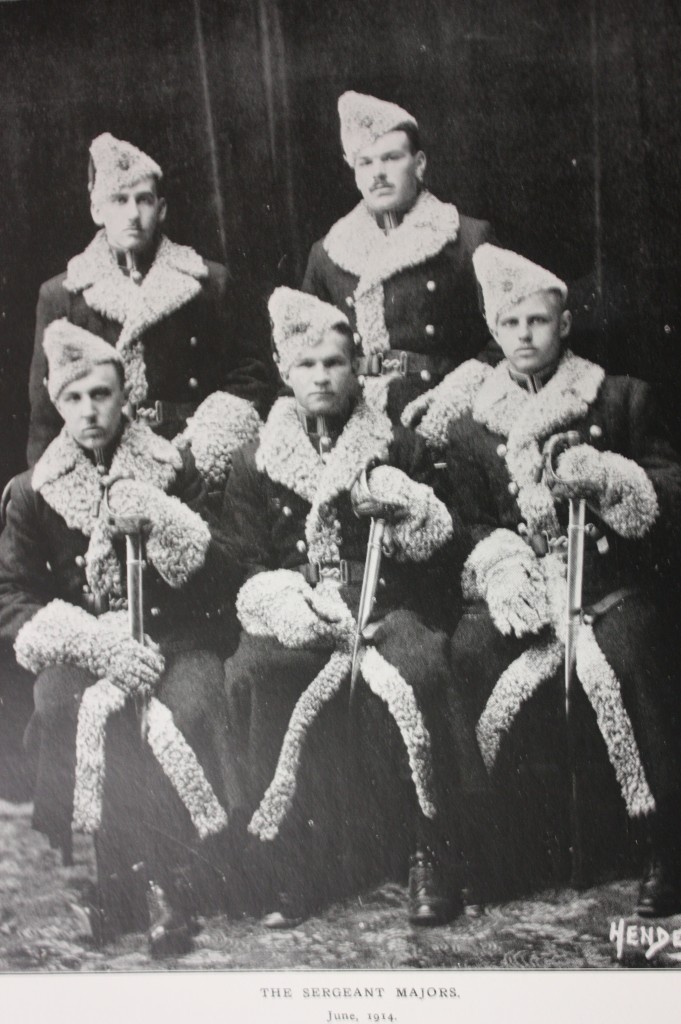 his professor remarked on his “Excellent report. A very good CSM.”
his professor remarked on his “Excellent report. A very good CSM.”
MacDonald was genuinely respected by his classmates. Several letters of thanks, appreciation, and friendship from MacDonald’s school years are a testament to his popularity. It is quoted in his class’s – and RMCC’s very first – yearbook that “Everyone admires Mac for the way he does his work and we feel sure that his future will be a repetition on a larger scale of his early successes. At least he will never regret any wasted hours at College and there is none who does not wish him the best of luck.” In their final year, MacDonald was appointed as the Battalion Sergeant Major. His classmates remark “Ever since he first came to the College, he has not tried to conceal the fact that he meant to do well and though he never seems to be satisfied with his success, his place as fourth in class, and his five stripes bear ample testimony to his ability to succeed.” According to his friends and records, MacDonald was a well-rounded, overly exceptional student.
As war loomed over the horizon, MacDonald graduated RMCC on the 23rd of June, 1914 having obtained a diploma with Honours and a British commission. This was an honour that only a few of the classmates would get to revel in. He arrived overseas in January of 1915 and immediately began his duty with the Royal Engineers. This honour came with repercussions, however; MacDonald’s classmates were promoted significantly quicker than he was. Quite possibly due to his ‘colonial’ status amongst the British, MacDonald only held the rank of Lieutenant after two 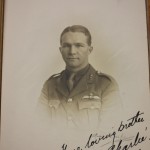 years of war-time service – which was considerably lower compared to the positions held by others. He eventually received the rank of Captain after a transition out of the Royal Engineers.
years of war-time service – which was considerably lower compared to the positions held by others. He eventually received the rank of Captain after a transition out of the Royal Engineers.
On the fifteenth of November, 1917, MacDonald was seconded to the Royal Air Force. This was a promising change because of the heightened prospect of possibilities in combat, responsibility, and progression – but with a slightly awkward happenstance: He was under the command of Billy Bishop. In the strange irony of life and war, the worst in the class was now in charge of the best. One can only imagine MacDonald’s reaction to this; his records simply state that he was a rather exceptional pilot. During his time in both positions, MacDonald took part in Campaigns in Salonica, Egypt, Palestine, and France.
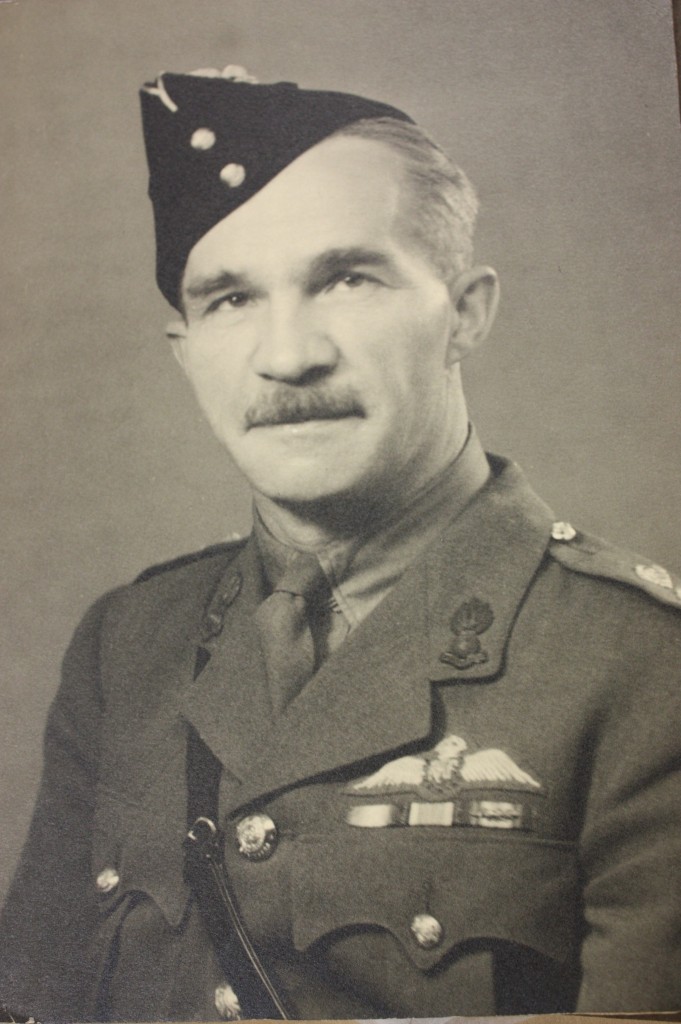 After the close of the First World War, MacDonald opted out of the military. He resigned on the 18th of June, 1919 and began to search for employment as a civil engineer. He found ample work in South America – where he began to carve his name into the landscape with many new construction ventures. He would operate out of this now-bustling environment for many years. Upon the advent of the Second World War, MacDonald put on his uniform once more and returned to the Royal Engineers for a time. After yet another war, he would return back to South American.
After the close of the First World War, MacDonald opted out of the military. He resigned on the 18th of June, 1919 and began to search for employment as a civil engineer. He found ample work in South America – where he began to carve his name into the landscape with many new construction ventures. He would operate out of this now-bustling environment for many years. Upon the advent of the Second World War, MacDonald put on his uniform once more and returned to the Royal Engineers for a time. After yet another war, he would return back to South American.
MacDonald’s story is like many others’ who pass through the Royal Military College of Canada. His story shows his dedication and personal success. MacDonald cultivated lands afar with the knowledge that he obtained during his schooling and military experience, and when war broke out, he was courteous enough to put down his civilian T-square and grab a military-issued one. And although his story is also a coincidental tale of redemption for those who may not have excelled in their studies (see: Billy Bishop,) his story deserves to be celebrated as much as the next. While it is promising to know one’s performance at the College will not permanently define one’s life, Charles MacDonald is lasting evidence that being a leader early on in your career can still give you a deserving modicum of notability.

